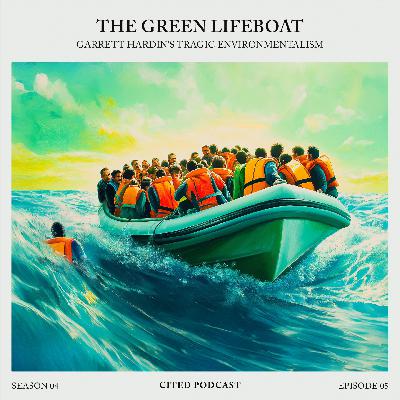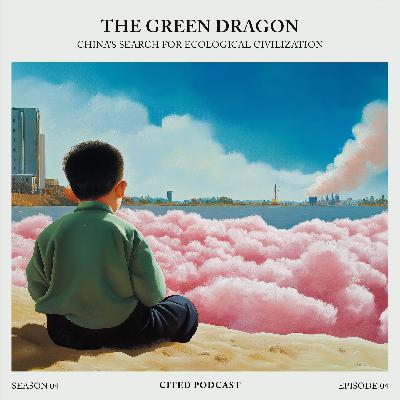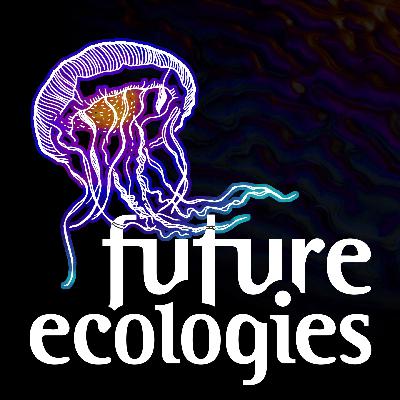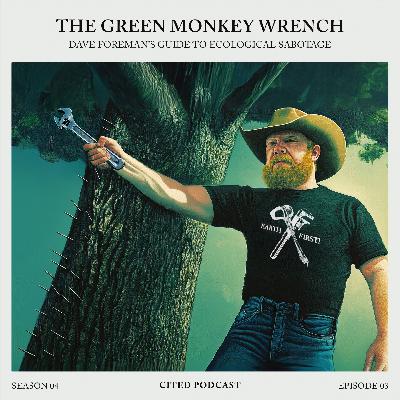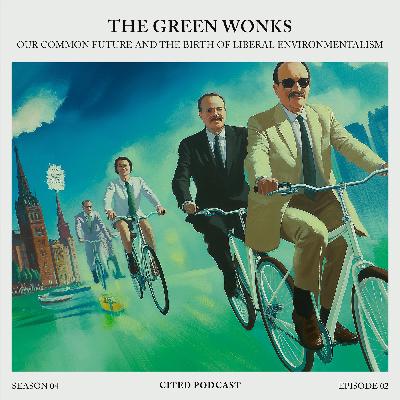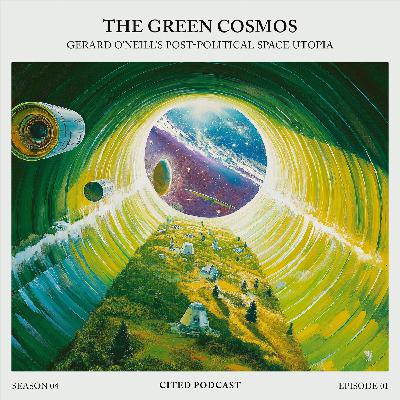#4: Modifying Maize
Description
How the accidental finding of genetically modified corn in the highlands of Mexico set off a twenty-year battle over scientific methods, academic freedom, Indigenous rights, environmental law and international trade. Part one of two.
———-MORE———-
This episode has loads more information, citations, and resources. You can find those on our website, citedpodcast.com. Research assistant James Rhatigan has an article on the promise and limitations of the precautionary principle, and another on the intellectual history of liberal environmental thought. Also, we have a transcript.
———-FOLLOW CITED———-
For more, follow Cited on Twitter, Facebook, and citedpodcast.com. Plus, send us your feedback to info@citedmedia.ca–we might just read it on the show.
———-CREDITS———-
This episode was produced by Polly Leger and James L. Frederick. Editing by Acey Rowe and Gordon Katic. James Rhatigan was our research assistant. Fact checking by Aurora Tejeida
Our theme song and original music is by our composer, Mike Barber. Dakota Koop is our graphic designer. Our production manager is David Tobiasz, and executive producers are Gordon Katic and Sam Fenn.
Thank you to: Ana de Ita Rubio, Santiago Muñoz and Daniela Moreno from the Maizajo tortilla shop, Silvia Ribeiro from ETC Group, Topher Routh at Berkeley Advanced Media Studio for recording assistance, and Martin Gepp, Benji Shieh and Alexander Kim for help voicing. Katrina Hiibackof the University of Toronto, Professor Dave Ng of UBC and Dr. Sophie Comyn helped us untangle plant genetics.
Fernando Ortiz Monasterio’s account of his meeting with Ignacio Chapela comes from an interview with Caitlin Shetterly, in her 2016 book, “Modified.”
This episode was funded in part by the Social Science and Humanities Research Council of Canada. This is part of wider project challenging ideas in liberal environmental thought. The project was advised by Jessica Dempsey at the University of British Columbia, and Rosemary Collard from Simon Fraser University.
Cited is produced out of the Centre of Ethics at the University of Toronto, which is on the traditional land of Mississaugas of the Credit, the Anishnabeg, the Chippewa, the Haudenosaunee and the Wendat Peoples. Cited is also produced out of the Michael Smith Laboratories at the University of British Columbia — that’s on the unceded territories of the Musqueam, Squamish, and Tsleil-Waututh Nations.


